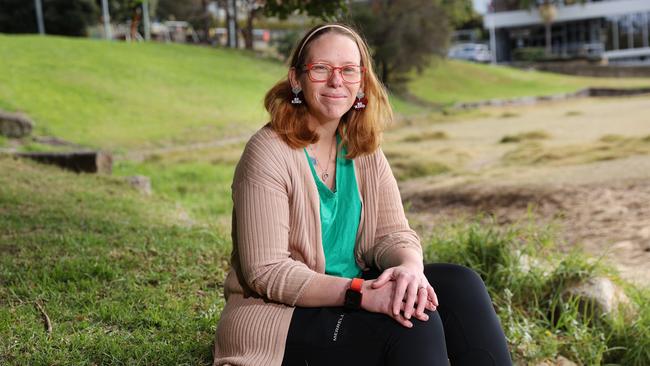2021 Census to add health and mental health questions
For the first time, people across Australia will be asked if they have experienced asthma, diabetes, cancer, dementia or kidney disease.

NSW
Don't miss out on the headlines from NSW. Followed categories will be added to My News.
For the first time the national Census will ask questions about long term health conditions as well as the health and wellbeing of defence service and ex-service personnel.
Census spokesman for the Australian Bureau of Statistics and Census Executive Director Andrew Henderson said the five-yearly survey, to be held on Tuesday the 10th of August, provided a localised view of every community in Australia essential for the distribution of services.
“This is the first time we are going to ask everyone a question about long term health conditions, we will ask about if people have experienced asthma, diabetes, cancer, dementia, kidney disease and this will be the first time we’ve had that really specific community level view across Australia at one point in time.
“Health professionals and researchers have told us they need something much more location specific in terms of planning services, for example if a community has a higher proportion of Aboriginal or Torres Strait Islander people or a community has a particular age profile and higher occurrence of dementia or age related illnesses,” Mr Henderson said.

Professor John Glover from the Public Health Information Development Unit at Torrens University said more detailed, ground-level information about health issues was needed.
“We very much need information on people, their background, their education, employment and housing conditions because all of those things are the social determinants of health.
“Wherever you go around Australia there are huge variations up to two to the three times the rate of people going to hospital for potentially avoidable conditions, or dying early or not having screening for cervical cancer or bowel cancer.
“We have trouble getting a picture across regional NSW or Sydney in terms of differences like smoking rates and obesity or circulatory system disease we don’t have that data, we have cancer data, hospital admissions data but we don’t know what the level or prevalence of many diseases in the community is,” Prof Glover said.
The questions regarding defence service, also a first, will help better address a growing link between poor health and ex-service men and women.
“There is about 600,000 veterans out there who we don’t have a lot of data about, things like suicide rates, and propensity for homelessness are quite prevalent among our vets so we are asking that defence service question along with the health questions along with key demographic characteristics which will go a long way to determine what service are needed and where to put them on the ground.,” Mr Henderson said.
The Census will also capture how the pandemic has changed the way we live.
“There appears to be a fundamental shift in terms of internal migration and settlement patterns, the trend of net movement into the big cities appears to be reversing out of the big cities, they are going to Byron Bay or Apollo Bay, Lorne or Bateman’s Bay and it’s not just the coastal areas, indications it is inland regional centres as well. We traditionally ask where you live now, where you lived a year ago and where you lived five years ago and that will tell a story we think,” Mr Henderson said.
Most people are expected to conduct the survey online or on their mobile devices, with details sent out one week beforehand, but the elderly will need to obtain a paper copy of the Census by ringing ahead. Rural and remote communities without adequate internet will have the Census delivered to their doorstep.
More Coverage
Originally published as 2021 Census to add health and mental health questions




